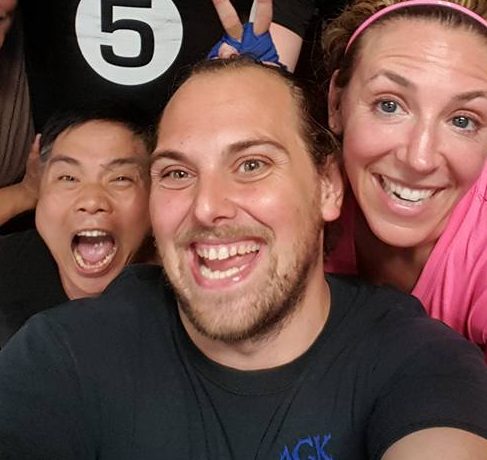Students of the Chinese martial arts (aka kung fu, kuoshu, wu shu) are very familiar with the term “Sifu”. Sometimes also written as Shifu or even Shihfu from the Mandarin pronunciation of the term, Sifu is taken to mean “teacher” or “master”. In American schools of kung fu, the term is often used as a rank, especially in systems that have adopted a modern colored sash system.
But what is a sifu, really? Well, it all comes down to a combination of spelling and Confucian familial relationships.
In Chinese, there are two ways to “spell” the term sifu, and while each is pronounced the same way, they mean something slightly different. I use the term “spell” very loosely, as Chinese is written in a series of diagrammatic characters as opposed to our alphabetic letters. By studying the meaning of individual characters within a word (or even the parts of the characters), we can glean deep insight into the nuances of what is being conveyed.
For example, “sifu” is composed, in both cases, of two characters. The first is Shi (師), which can be translated as a skilled person, a specialist, one who knows. It is the second character that makes all the difference. In general usage, and even in most cases of student teacher relations, the second character is a form of Fu (傅) which denotes a person with a higher level of knowledge (perhaps). So when you walk into a random kung fu school and address the teacher as Sifu, you are simply acknowledging their level of attainment and skill. The same term may be used to help flatter a waiter into providing better service; by addressing him as sifu, you show respect for his effort and appreciation for his ability to deliver your food as ordered; he has good kung fu as a waiter. In fact, this form of “sifu” is a simple honorific.
 However, when a teacher takes you as his disciple, and you accept him as your personal master (not master as in his level of skill, but master as in his control over your training and even your life), this is a VERY serious and close relationship. In fact, it is so poignant, that the second character becomes Fu (父), which means “father”. This character can further be broken down into its components to show enforcement of rules by using a stick (there is a saying in kung fu that when the sifu is strict the student is strong).
However, when a teacher takes you as his disciple, and you accept him as your personal master (not master as in his level of skill, but master as in his control over your training and even your life), this is a VERY serious and close relationship. In fact, it is so poignant, that the second character becomes Fu (父), which means “father”. This character can further be broken down into its components to show enforcement of rules by using a stick (there is a saying in kung fu that when the sifu is strict the student is strong).
Why the change to something so familial? When you are asked to become a disciple of your teacher, you are being asked to join his family. You become as his own child. In fact, some traditional schools will have disciples change their surnames to that of the Sifu. When we speak of a master in a kung fu school, we are speaking of our sifu, our teacher-father, the head of the household, not merely a person of a particular rank. In the Confucian roots of this relationship, the father’s role was as the emperor of the home, its protector, and the one to whom all others in the house paid homage. This respect worked both ways, and as a sifu to a disciple there is a tremendous responsibility to ensure the education and well being of that student.
So, next time you enter your kwoon, think of what your sifu means to you. There are centuries of knowledge waiting for someone who will sacrifice his own identity to become the father’s child.
















